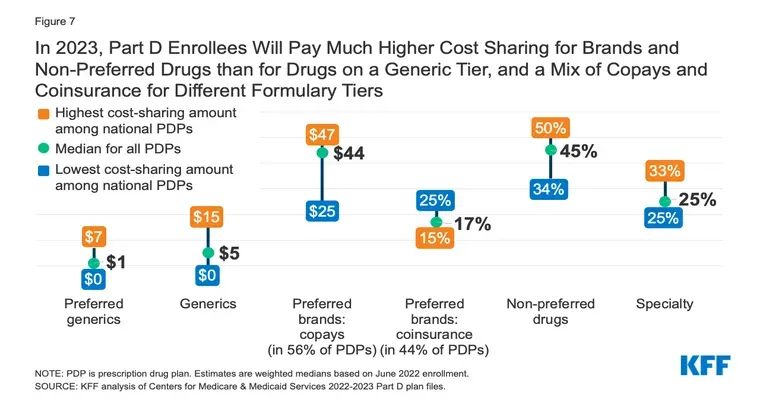In recent years, the rise of "opioid misuse" and "abuse" among seniors has become a pressing public health concern. As part of the efforts to combat this issue, "Medicare Part D plans" are implementing new measures aimed at reducing opioid prescriptions and promoting safer alternatives for managing pain. This article explores how these plans are evolving to protect the health and well-being of older adults while addressing the opioid crisis.
Understanding Medicare Part D
Medicare Part D is a federal program that provides prescription drug coverage for Medicare beneficiaries. It plays a crucial role in ensuring that seniors have access to necessary medications. However, the increasing rates of opioid prescriptions among this demographic have raised alarms regarding "opioid dependency" and the associated risks of overdose.
The Need for Action
Statistics indicate that seniors are at a higher risk of opioid misuse due to factors such as multiple chronic conditions, the likelihood of receiving prescriptions from different providers, and the potential for drug interactions. As a result, Medicare Part D plans are taking proactive steps to address these challenges, aiming to safeguard seniors from the dangers of opioid misuse.
New Strategies in Medicare Part D Plans
To mitigate the risk of opioid misuse, Medicare Part D plans are adopting various strategies, including:
1. "Utilizing Prescription Drug Monitoring Programs": These programs track prescriptions to identify patterns of misuse. By monitoring prescriptions, healthcare providers can make more informed decisions and prevent over-prescribing.
2. "Implementing Prior Authorization Requirements": Some plans now require prior authorization for opioid prescriptions. This means that healthcare providers must justify the need for these medications before they can be dispensed, ensuring that opioids are prescribed only when absolutely necessary.
3. "Encouraging Non-Opioid Pain Management Options": Medicare Part D plans are promoting the use of alternative pain management therapies, such as physical therapy and non-opioid medications. By offering incentives for these alternatives, plans aim to reduce reliance on opioids.
4. "Educating Beneficiaries and Providers": Education is key in combating opioid misuse. Medicare Part D plans are providing resources and training for both seniors and healthcare professionals on the risks of opioid use and the importance of safe prescribing practices.
The Impact of These Measures
The implementation of these strategies is expected to have a significant impact on reducing opioid prescriptions among seniors. By focusing on prevention and education, Medicare Part D plans are not only addressing the immediate issue of opioid misuse but also fostering a culture of safe medication management.
Conclusion
The initiatives taken by "Medicare Part D plans" to crack down on "senior opioid misuse" and "abuse" mark a crucial step in addressing the opioid crisis. By prioritizing safety and promoting responsible prescribing practices, these plans are helping to ensure that seniors receive the care they need without falling victim to the dangers of opioid dependency. It is essential for seniors, caregivers, and healthcare providers to stay informed about these changes and to work together to promote safer alternatives for pain management.





